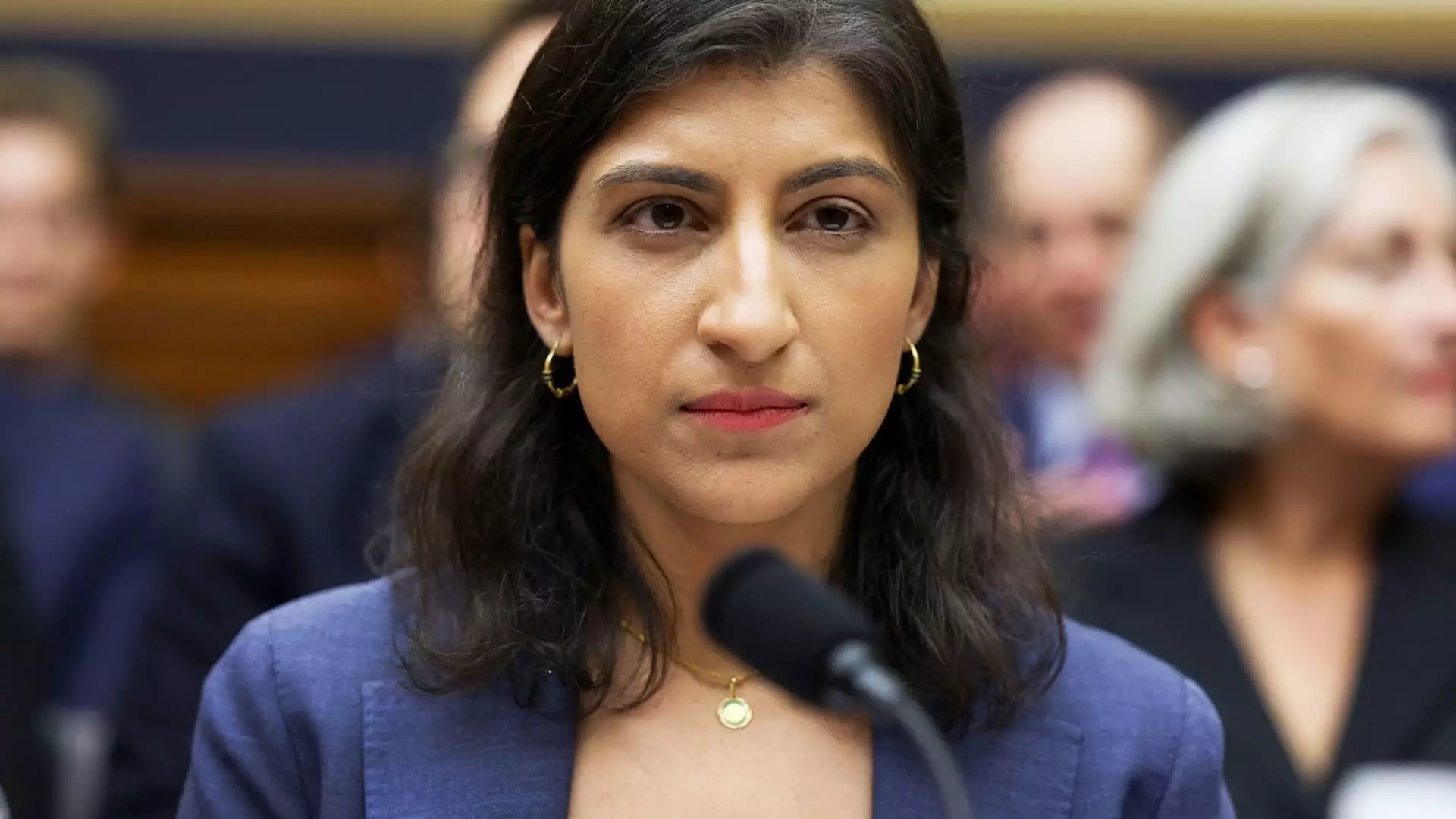The Federal Trade Commission (FTC) has taken legal action against U.S. Anesthesia Partners (USAP), the largest anesthesiology provider in Texas. The lawsuit alleges that USAP has exerted its monopoly power to drive up prices for patients and increase its profits. The FTC is requesting a federal judge in Houston, Texas, to dismantle USAP’s alleged monopoly power and permanently prevent the company from engaging in anti-competitive practices.
According to the FTC, USAP was established in 2012 by Welsh, Carson, Anderson & Stowe, a New York-based private equity firm, with the aim of implementing an aggressive consolidation strategy in the fragmented anesthesiology market in Texas. The complaint highlights Welsh Carson’s acquisition of multiple independent practices that were previously competitors, in an effort to become the dominant provider across the state. This consolidation, referred to as a “roll-up” by the companies involved, involved purchasing almost every major anesthesia practice in Texas.
Over the years, USAP has achieved significant growth, expanding from 400 anesthesia providers at 45 healthcare facilities in 2013 to 4,500 providers at 1,100 facilities in 2021. The complaint asserts that USAP has established a monopoly in Houston and Dallas, the two largest cities in Texas, and holds a dominant position in Austin, the state’s capital.
The FTC’s lawsuit claims that USAP has utilized its market dominance to increase prices, resulting in substantial financial gains. The company’s power is so substantial that it can raise prices while still gaining market share, as it is challenging for competitors to enter the market. Furthermore, since patients generally cannot forego anesthesia, USAP exploits this necessity to its advantage.
In response to the FTC’s complaint, Dr. Derek Schoppa, a USAP board member, contends that the allegations are flawed in terms of legal theories and lack an understanding of the medical field of anesthesiology. Dr. Schoppa emphasizes that the FTC’s proposed outcome could potentially disrupt and limit patients’ access to quality anesthesia care in Texas. Additionally, he suggests that this legal action could have adverse effects on hospitals and health systems, particularly those serving underserved communities.
The allegations and subsequent lawsuit put the focus on the potential consequences for patients and healthcare providers if USAP’s monopoly power is indeed broken. The FTC aims to seek a resolution that ensures patients’ equitable access to anesthesia care while preventing anti-competitive practices. However, any interventions that disrupt the current market landscape could have unintended consequences, such as increased costs or limited availability of services for patients.
The FTC’s lawsuit against U.S. Anesthesia Partners raises concerns about the alleged exertion of monopoly power that has led to higher prices and profits. While the legal action is intended to dismantle this monopoly and protect patients’ interests, the potential impact on access to quality anesthesia care and the healthcare industry as a whole remains uncertain. As the case unfolds, it will be crucial to weigh the interests of patients, healthcare providers, and competition in the market to ensure a fair and balanced outcome.


Leave a Reply